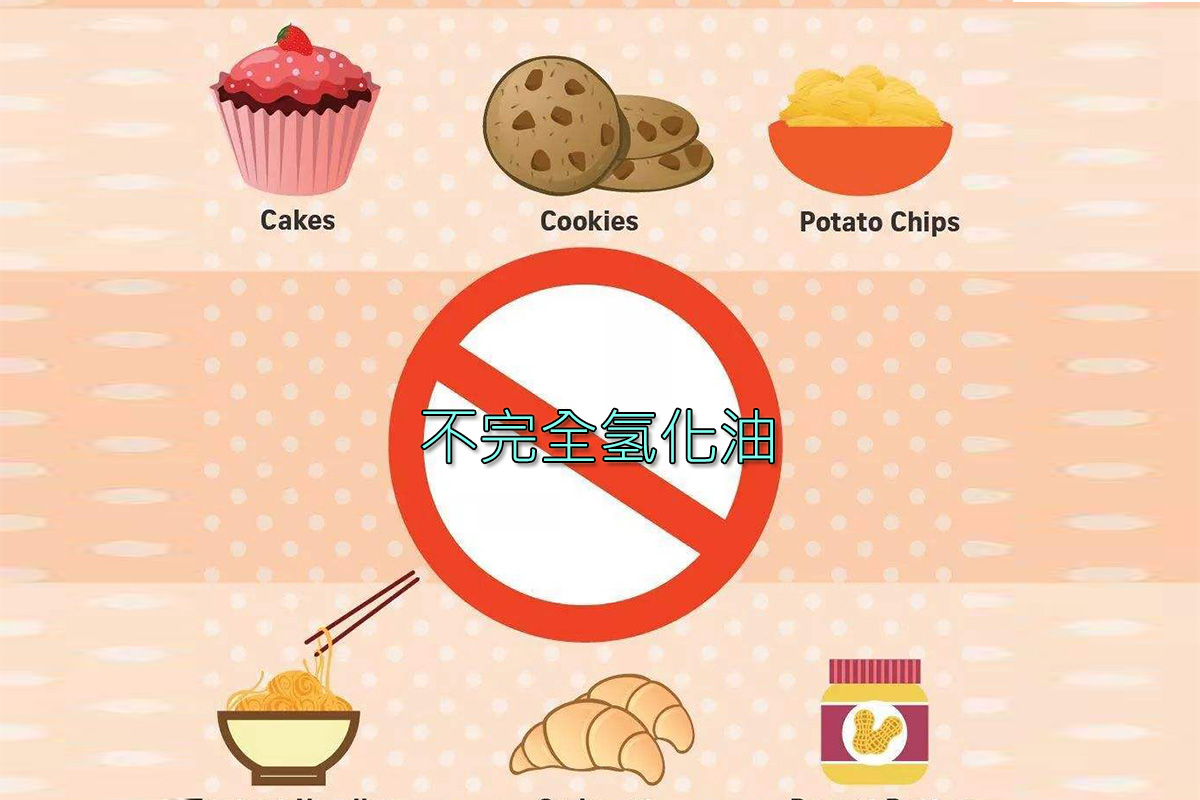
Taiwan completely bans food use Incomplete hydrogenated oil:
Incomplete hydrogenated oil is the main source of artificial trans fat. It is hidden in commonly used raw materials for cakes and breads. Eating too much may increase the risk of cardiovascular disease. For this reason, Taiwan’s food and drug regulatory authorities have completely banned the use of incompletely hydrogenated oils in food starting from July 1. Violators may be subject to a heavy fine of NT$3 million.
Margarine commonly used in breakfast restaurants contains artificial trans fats, and eating too much may cause cardiovascular disease. In recent years, the World Health Organization (WHO) has called on countries around the world to pay attention to people’s health and hopes to eliminate artificial trans fats in food.
According to Taiwan’s Food and Drug Administration, trans fats are divided into two types: natural and artificial. The former is found in ruminants such as cattle, while artificial trans fats mainly come from hydrogenated vegetable oils. This type of fat can increase the stability of fats. Sex and high temperature resistance. However, if hydrogenation is incomplete during the production process, the molecular structure of fat will change, producing trans fats that are harmful to cardiovascular health.
However, incompletely hydrogenated oil may appear in cakes, desserts, breads, biscuits and other baked goods, including pastry, ghee, pineapple bread and other foods.
After discussion at an expert meeting, Taiwan’s food and drug regulatory authorities formulated the “Restrictions on the Use of Edible Hydrogenated Oils” and decided to give the food industry a three-year adjustment period and completely ban the use of food products from July 1, 2018. For incompletely hydrogenated oil, violators will be required to make corrections within a time limit. If they fail to make corrections within the time limit, they may be fined NT$30,000 to NT$3 million.
Introduction to hydrogenated oil:
Hydrogenated oil is also called “vegetable cream”, “vegetable butter” and “non-dairy creamer”. Currently, it is widely used in food baking fields such as bread, cheese, margarine, cakes and biscuits. Hydrogenated oil produces a large amount of trans fatty acids, which increases the risk of cardiovascular disease, diabetes, etc. Countries around the world have restricted it, but China uses it on a large scale and without restrictions.
Physical and chemical properties: Milky white plastic solid. Uniform texture and no odor.
Production method: When heating vegetable oil containing a lot of unsaturated fatty acids, add a metal catalyst (nickel series, copper-chromium series, etc.), and pass in hydrogen to make the double bonds in the unsaturated fatty acid molecules react with hydrogen. The atoms combine to form less unsaturated fatty acids, which results in an increase in the melting point of the oil (increased hardness).
Usage: Mainly used in soap, stearic acid, stearates, fatty amines, monoglycerides and other products. Many packaged fast food products use hydrogenated oil. Hydrogenated oil is modified from vegetable fat. The liquid unsaturated fat in vegetable oil is hydrogenated and hardened into solid or semi-solid oil. The purpose is to prevent the oil from deteriorating. , enhance the taste



 微信扫一扫打赏
微信扫一扫打赏
